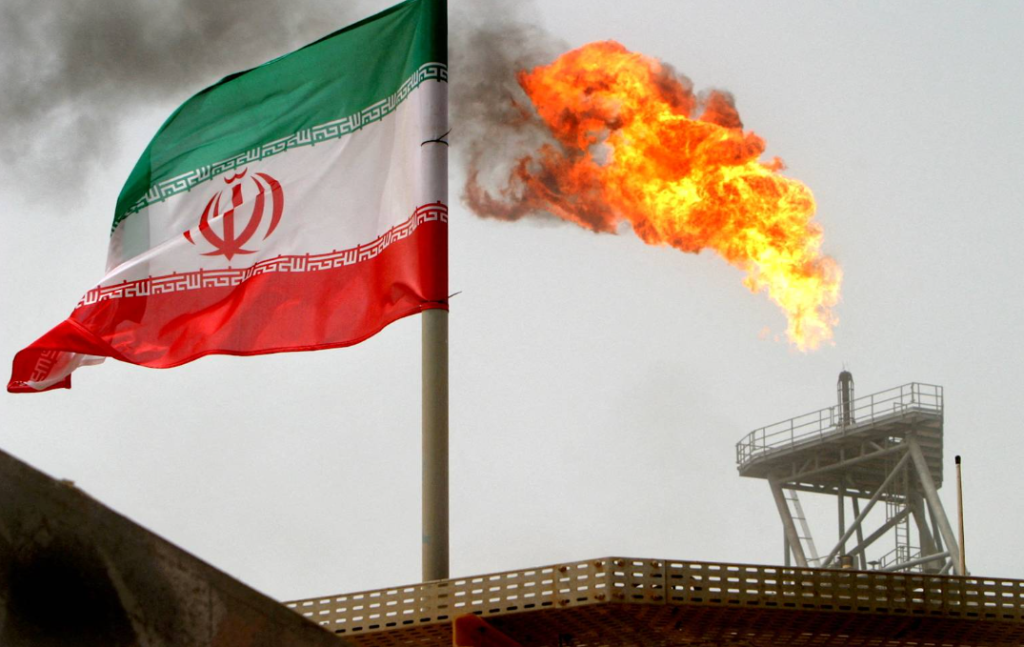
China has firmly rejected U.S. demands to halt its oil imports from Russia and Iran, intensifying tensions between the two global powers. The standoff surfaced during trade negotiations in Stockholm, where Chinese diplomats pushed back against the threat of sweeping tariffs from the Trump administration.
The Chinese Foreign Ministry stated that the country will safeguard its energy needs in accordance with national interests, dismissing U.S. pressure as coercive and unacceptable. Officials emphasized that energy security is a matter of sovereignty and economic necessity.
China’s heavy reliance on Russian and Iranian oil is at the heart of its defiance. Data from U.S. energy officials suggests that China imports over a million barrels of Iranian oil per day, and even more from Russia—making it Beijing’s top supplier for nearly two years. Analysts say China secures this oil at significantly discounted prices, which further cements its unwillingness to comply with U.S. sanctions.
During the talks, U.S. Treasury Secretary Scott Bessent acknowledged China’s strong stance but hinted at progress in other areas of negotiation. While tensions over energy remain high, both sides appear willing to pursue broader trade deals despite the friction.
Observers believe China’s hardline approach is a calculated move to test the limits of U.S. threats. With pending legislation in Washington that could impose tariffs up to 500% on countries buying Russian oil, the situation holds broader implications for other buyers like India.
The outcome of this standoff could shape the future of global energy politics and U.S.-China relations for years to come.



